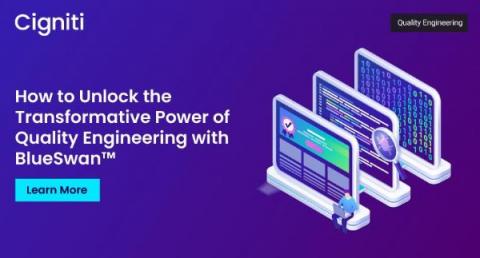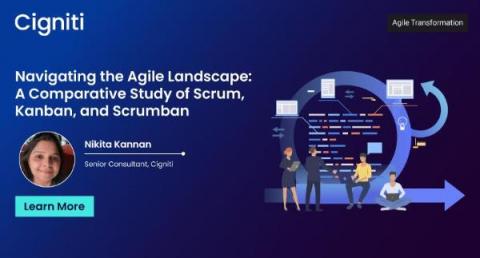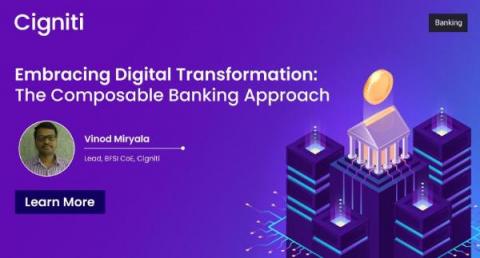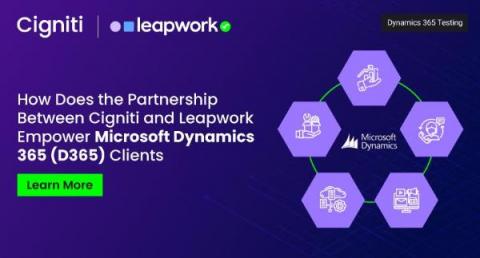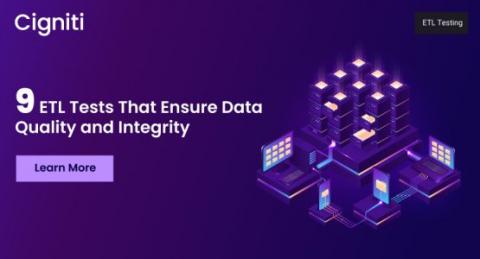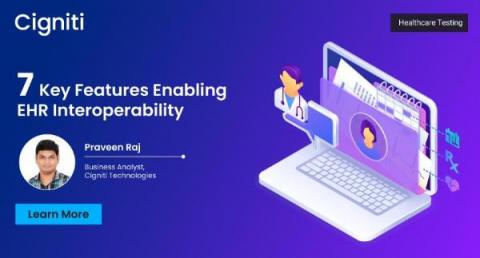Systems | Development | Analytics | API | Testing
Cigniti
How to Unlock the Transformative Power of Quality Engineering with BlueSwan
Software testing and quality engineering (QE) are critical aspects of successful digital delivery in today’s fast-paced digital landscape. Many digital enterprises face challenges in achieving frictionless experiences, efficiency, and effectiveness in their QE journey.
Navigating the Agile Landscape: A Comparative Study of Scrum, Kanban, and Scrumban
In today’s dynamic and unpredictable business environment, enterprises are proactively adapting and optimizing their methods of operation to ensure swift time-to-market and the delivery of high-quality products. The focus lies in exploring and refining their work processes and methodologies to maximize business value. Selecting the correct methodology is crucial as it enables efficient project management by breaking it into phases and delivering value to stakeholders.
6 Ways a Great User Experience Design Can Enhance Product Life Cycle
In today’s market, where customers have numerous options, a superior user experience can differentiate a business from its competitors. A well-designed product or service that is easy to use, visually appealing, and meets user needs can attract and retain customers, giving the business a competitive edge. User Experience (UX) design optimizes the user journey, removes friction, and guides users toward desired actions.
Embracing Digital Transformation: The Composable Banking Approach
The prevailing landscape of severe competition and heightened customer expectations affects every industry, including banking. Existing banks must address the constant evolution of customer demands to thrive. Furthermore, banks that make transformations to meet customer needs and adapt through necessary technological changes are the ones who will differentiate themselves and survive in this disruptive ecosystem.
Top 3 Approaches to Manage Airline Disruptions
In winter 2022, US airlines faced an arduous test as heavy storms disrupted thousands of flights, resulting in over 17,000 cancellations or delays. Southwest Airlines, known for its unique business model and exceptional customer service, was hit the hardest, with 16,000 affected flights. Despite industry-wide losses, Southwest quickly restored normalcy within a week. However, they went beyond firefighting, committing resources to strengthen their systems and prevent future incidents.
How does the Partnership Between Cigniti and Leapwork Empower Microsoft Dynamics 365 (D365) Clients
Microsoft Dynamics 365 is a leading enterprise application suite that empowers businesses to streamline operations, optimize customer engagement, and drive growth. It offers CRM, ERP, human resources, finance, sales, and marketing modules, providing organizations with a unified platform to manage processes and make informed decisions. With its cloud-based architecture, Dynamics 365 offers scalability, flexibility, and seamless integration with other Microsoft solutions like Office 365 and Azure.
9 ETL Tests That Ensure Data Quality and Integrity
According to Harvard Business Review – Only 3% of Companies’ Data Meets Basic Quality Standards. In the world of data integration, Extract, Transform, and Load (ETL) processes play a vital role in seamlessly moving and transforming data from diverse sources to target systems. However, ensuring the quality and integrity of this data is crucial for accurate decision-making and business success. ETL testing is the key to achieving reliable data pipelines.
7 Key Features Enabling EHR Interoperability
Electronic Health Records (EHR) Interoperability facilitates the seamless sharing of Electronic Health Information (EHI) among various systems and stakeholders, promoting patient empowerment. This feature transforms healthcare from a hospital-centric model to a patient-centric approach, emphasizing prevention, care management, and the efficient utilization of information and technology.



